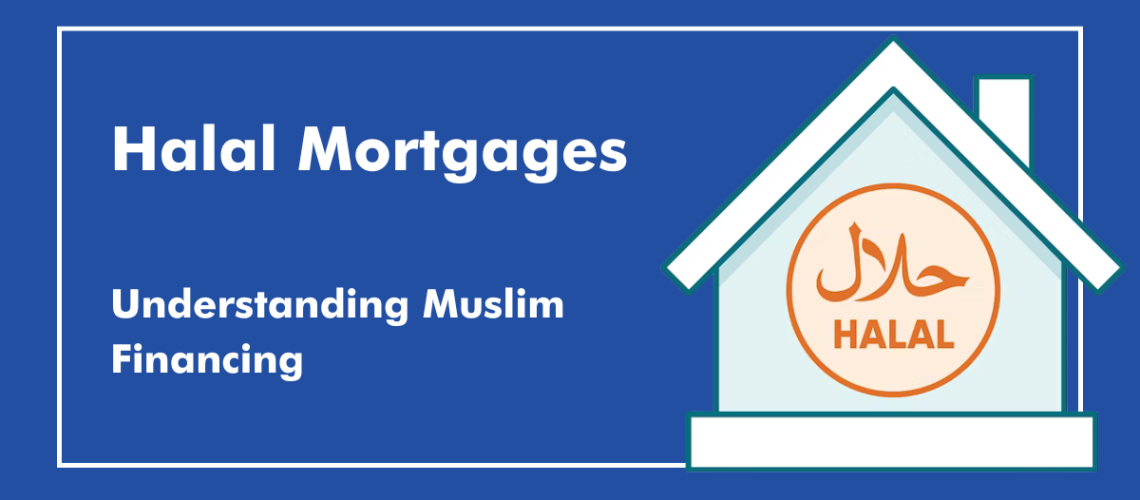A Muslim mortgage, also known as an Islamic mortgage or Halal mortgage, is a type of home financing that is compliant with Islamic law, which prohibits the charging or paying of interest. Instead of paying interest, a Muslim mortgage typically involves the lender and borrower sharing in the profits or losses of the property, with the lender taking on more risk.
One type of Muslim mortgage is a “diminishing musharaka” (joint ownership) in which the lender and borrower jointly own the property and the borrower gradually buys out the lender’s share over time. Another type is a “Ijara” (lease-to-own), in which the lender owns the property and leases it to the borrower, with the option to purchase the property at the end of the lease period.
Islamic banks offer these Islamic finance products as a compliance with sharia law, which prohibits the charging and paying of interest, known as riba. Islamic finance products are widely used in many Muslim countries such as United Arab Emirates, Saudi Arabia and Malaysia.
Islamic finance, of which the Muslim mortgage is a part of, is based on the principles of risk sharing and prohibits the charging or paying of interest, which is seen as exploitative and against the principle of social justice. Instead of interest, Islamic finance uses profit and loss sharing as the basis for financial transactions.
In the case of a Muslim mortgage, there are several different types of arrangements that may be used, but all are based on the principles of joint ownership and risk sharing. One of the most common is the “diminishing musharaka” (joint ownership), in which the lender and borrower jointly own the property and the borrower gradually buys out the lender’s share over time. This allows the lender to share in the profits of the property, while also allowing the borrower to gradually assume full ownership.
Another type of Muslim mortgage is an “Ijara” (lease-to-own), in which the lender owns the property and leases it to the borrower, with the option to purchase the property at the end of the lease period. The rent paid by the borrower goes towards the purchase of the property, but the lender still retains some ownership until the property is fully paid off.
Islamic finance also have some other specific agreements like Murabaha and Salam to facilitate the home financing and trade financing, these are widely used by Islamic Banks as well.
It is worth noting that these kinds of home financing are not so commonly offered in the Western market, though there are some institutions and financial institutions who can provide it. Additionally, some traditional lenders may also offer variations of Islamic finance products that comply with sharia law to Muslim clients.





